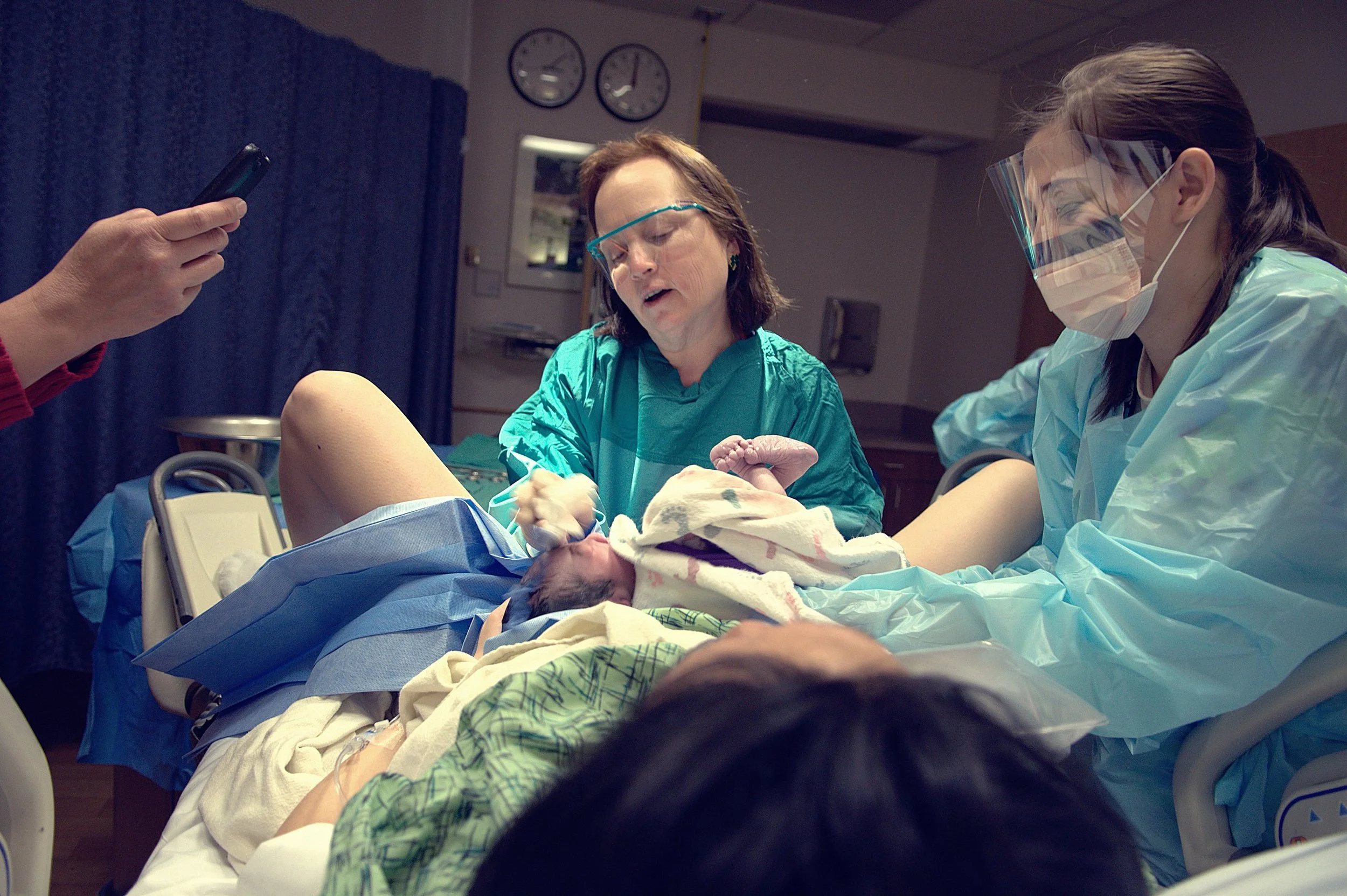In the world of modern health care, Catholic dioceses struggle to offer comprehensive medical care because health insurance plans commonly provide coverage for immoral procedures such as contraception, sterilization, and so-called gender-affirming management. Thankfully, Catholic pharmacy benefits managers exist to help bishops navigate the murky waters of government regulation and misleading diagnoses—and help dioceses save money while they’re at it.
Read MoreIn his address for the Thirty-First World Day of the Sick, a day to recognize the spiritual significance of sickness for our lives, Pope Francis condemns throwaway culture for violating the dignity of the sick and those in crisis by refusing to reflect on their condition, which often is caused by the economic and political structures of modern society.
Read MoreAt the very end of 2022, the Massachusetts Supreme Court issued an important ruling in Kligler v. Attorney General, turning down arguments by a patient and a physician for a constitutional right to physician-assisted suicide. This is an important and somewhat surprising ruling because it came from a state that is relatively liberal in its political ideology yet still marginally opposed to legalizing physician-assisted suicide. (Voters in Massachusetts only barely rejected its legality on a 2012 ballot.) Despite the pro-life consequences of the ruling, there are at least two insights worth noting: (1) court protection of vulnerable persons and society from physician-assisted suicide is still quite tenuous, and (2) courts and legislative stakeholders will, in the future, rely on moral reasoning (whether correctly or imprudently), even when it is disguised as legal or “rights” arguments. As a result, Church representatives—both the Magisterium and lay Catholics—have a significant opportunity to teach Christian wisdom about physician-assisted suicide to the broader society.
Read MoreA team from the Weizmann Institute of Science in Rehovot, Israel, has reported that it has differentiated naive and primed human pluripotent stem cells into trophoblast cells. The article detailing the work of Sergey Viukov and colleagues was published in an early November 2022 issue of the journal Stem Cell Reports. The authors state that their research will allow for the study of placental development and disorders in vitro. More controversially, they also aim to develop human “synthetic” embryos using these results.
Read MoreOn December 2, 2022, Pope Francis spoke to the Forum of Family Associations, an Italian advocacy group that promotes the family as an important social subject, on the topic of the family and public policy. The Pope lauds the forum for “stimulat[ing] good policy for families and with families” rather than advocating an ideology. Although given to an Italian organization, the Pope’s message resonates for anyone concerned about the family as a social subject.
Read MoreThe imposition of a Western mindset on growth and capacity building in developing countries threatens the integrity of global bioethics. This field emerged in response to issues that originate in one area but affect many regions or that disproportionately affect some areas but require a global response, like pandemics and vanishing biodiversity.Consequently, a critical task of global bioethics is to evaluate how priorities set in one part of the world shape many other geographic areas through the social, environmental, and political aspects of globalization.
Read MoreIn episode 104 of the podcast Bioethics on Air, “Bearing the Cross of Infertility,” Joe Zalot interviews Dr. Marie Meaney on the topic of infertility. Meaney holds graduate degrees in languages and philosophy, but it is her experience as a mother that matters for the topic. Throughout the interview, she elaborates on the unique frustration of infertility, which sits at the intersection between theological discussion and existential revelation. Meaney speaks candidly about the experiences with infertility that inspired her to write the book When Expecting Doesn’t Happen: Turning Infertility into a Journey of Hope, which the listener will welcome, because a frank discussion is sorely needed for the topic of infertility.
Read MoreThe US Food and Drug Administration (FDA) plans to discuss the application submitted by French pharmaceutical company HRA Pharma for a new nonprescription drug called Opill in a public meeting soon. Opill is an oral progestin-only contraceptive. According to a public comment submitted to the FDA on November 14 and cosigned by The National Catholic Bioethics Center (NCBC), nonprescription contraceptives place women at disproportionate risk of adverse side effects. Moreover, this risk would affect especially adolescent women, who are recognized as a vulnerable population.
Read MoreOn November 14, 2022, Pope Francis gave a speech to Apoteca Natura, a network of European pharmacists who specialize in providing advice on natural therapy. The speech mostly passed by popular media unnoticed. This lack of coverage is unfortunate because the speech contains pearls of wisdom about the proper attitude and intent for medicine. Although the speech was given to a pharmacist network seemingly on the peripherals of medical care, its message resonates for all health care professionals. In praising Apoteca Natura for its good work, for example, the Pope called all listeners to remember the human-oriented nature of all medical work.
Read MoreIn the moments following the Dobbs v. Jackson Women’s Health Organization decision this past summer, a whole host of state laws that had lain dormant since Roe v. Wade (1973) stirred awake. The next several months saw a number of these old legislative documents gain the force of law in their respective states once more. Many organizations—political, medical, and otherwise—felt similarly called to revisit their long-standing policies in the wake of Dobbs. One such organization was the United States Department of Health and Human Services (HHS).
Read More









